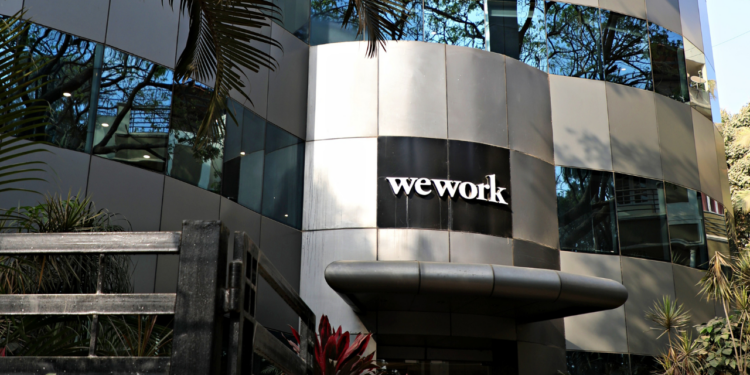What’s going on:
Simon Kuper, a professional who says he has worked alone for 25 years, told the Financial Times (FT) about his experience using a WeWork space. Unable to work from home because of a renovation, Kuper has been paying €358.80 per month to rent a desk in the coworking space since January. According to Kuper, WeWork is overcrowded, bad for concentration, and doesn’t seem to have a viable future.
Why it matters:
Kuper wanted to finally settle one of the great debates of our era: Is remote work or the shared office the best working environment?
As many companies are trying to lure employees back into offices, bad experiences like Kuper’s reveal what they’re up against. Employees who have been working remotely from home for a length of time will likely find themselves having trouble concentrating upon return to a shared office.
“No wonder that the 35 percent of American workers who can work from home now do so all the time,” he said.
His experience, if others are seeing similar overcrowding and distractions at other locations, may also help explain one reason for WeWork’s decline. (WeWork’s rapid growth, and CEO Adam Neumann’s suspicious dealings and bizarre actions, have also been seen as catalysts for its downfall).
“I may be one of the final people ever to work in a WeWork,” Kuper wrote in the FT. “Its valuation has dropped by almost 99 percent in four years, from $47bn to $503mn, and it’s busy restructuring its debts.”
How it’ll impact the future:
His experience brings into question if coworking spaces will end up being negatively impacted the longer people get used to working from home. The idea of working around others to deter feelings of isolation might actually end up overwhelming people and pushing more workers out of coworking spaces rather than drawing them in.
Read the full story in the Financial Times.



 Dr. Gleb Tsipursky – The Office Whisperer
Dr. Gleb Tsipursky – The Office Whisperer Nirit Cohen – WorkFutures
Nirit Cohen – WorkFutures Angela Howard – Culture Expert
Angela Howard – Culture Expert Drew Jones – Design & Innovation
Drew Jones – Design & Innovation Jonathan Price – CRE & Flex Expert
Jonathan Price – CRE & Flex Expert













